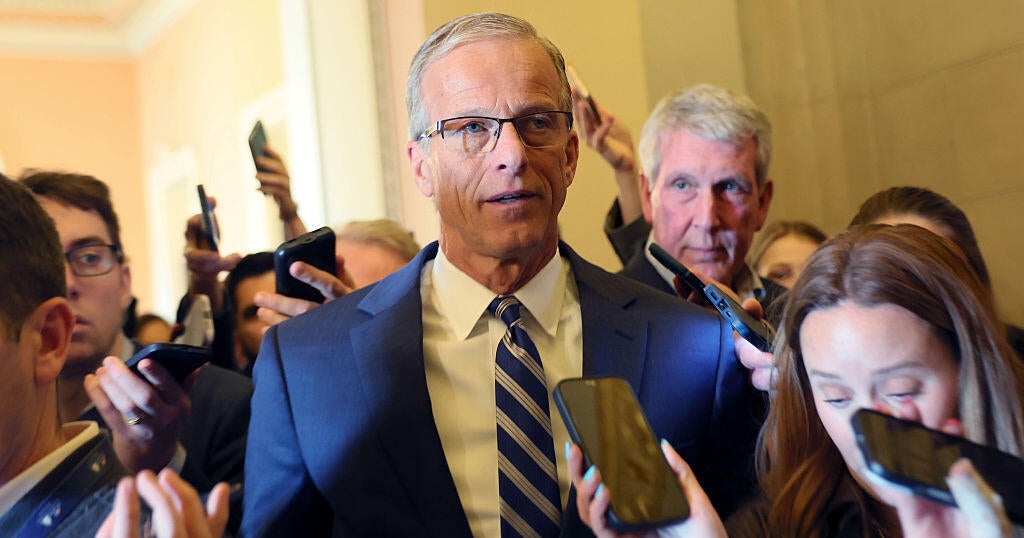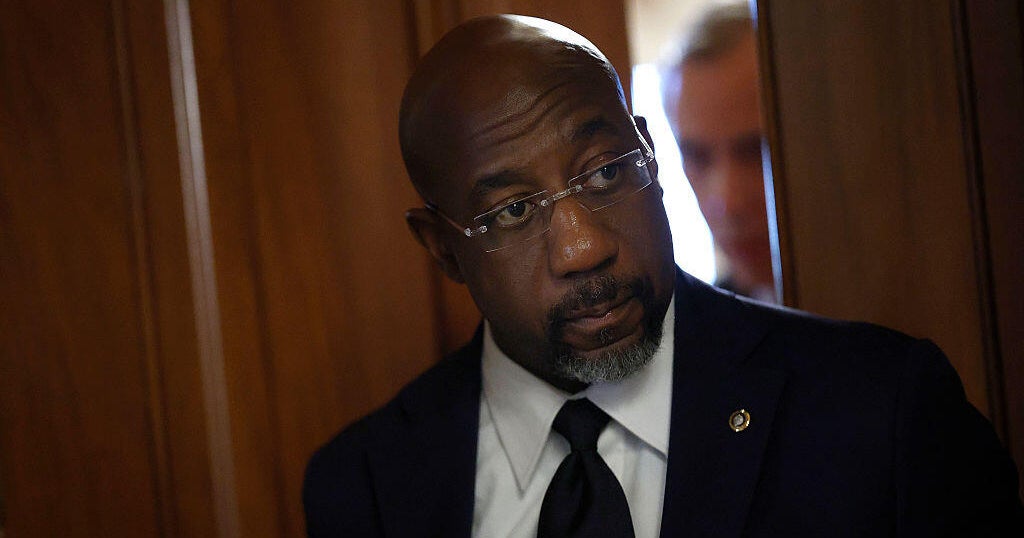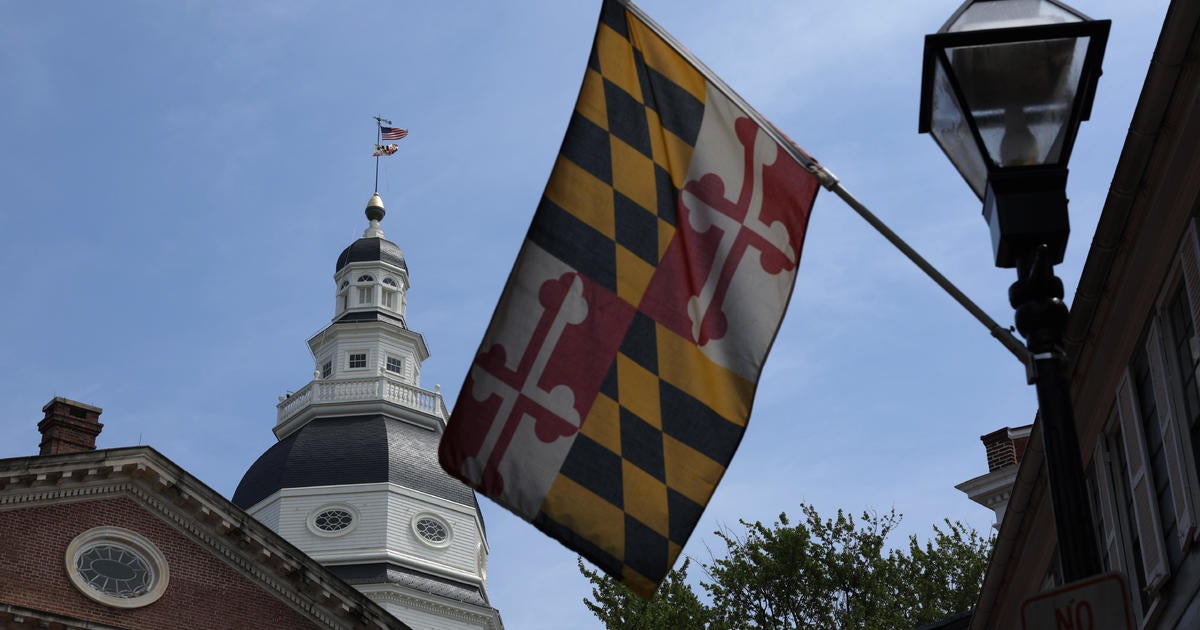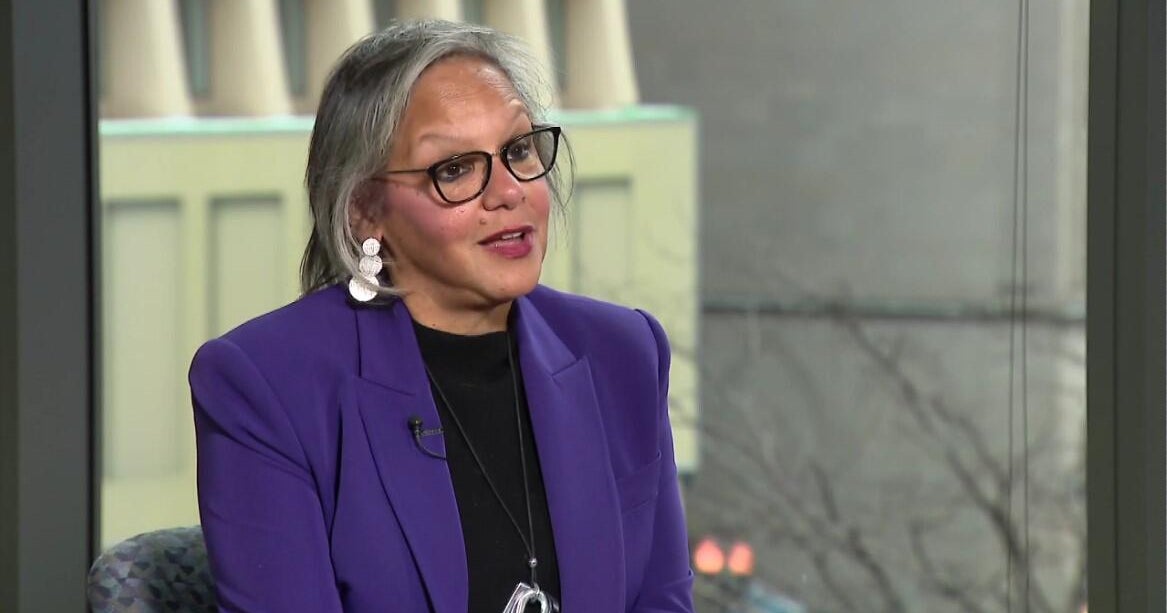State Senate Committee Approves Tapping Rainy Day Fund
AUSTIN (AP) - A Texas Senate committee on Thursday approved the use of $3 billion from the state's Rainy Day Fund to help bring into balance the $176 billion state budget proposal for the next two years.
In all funds, the Senate plan would still make about $11 billion in cuts, compared to the current budget. But the cuts are much less severe than those in the bare-bones House version.
Bracing for a fight, Republican Sen. Steve Ogden said he's prepared to defend the legislation to get it to the governor's desk.
"This bill keeps Texas government functioning and essential services available to Texans without doing harm to the private sector," he said, shortly after the bill was approved. "It doesn't generously meet the essential needs of Texas, but I think it's adequate and I think in these circumstances adequate is a pretty big deal."
The state is facing a revenue shortfall of at least $15 billion. The hole is partially because of the economic downturn, but a structural deficit in the state's taxing system also has contributed to the gap.
Despite resistance from conservatives, including many in the House and Gov. Rick Perry, Ogden said he couldn't have gotten the bill out of committee without tapping the Rainy Day Fund, the state's reserve fund. The contingency language only allows money from the reserves to be used as a last resort and requires the money be spent on public school operations.
Thursday's 11-4 vote sends the 2012-2013 budget to the full chamber for consideration, which Ogden said it will likely do late next week. Three Democrats and one conservative Republican, Houston Sen. Dan Patrick, voted against the budget.
The plan would still underfund public schools by about $4 billion. But it's about half of the cuts approved in the House plan.
"While this causes pain, it is pain that's bearable compared to House Bill 1 that is unbearable," said Rep. Chuy Hinojosa, a Democrat who served as vice-chair of the Senate Finance Committee.
"We don't have to close out nursing homes. We don't have to move 60,000 elderly out of nursing homes ... we don't have to lay off hundreds of thousands of teachers."
While the Senate plan spends $400 million for new science textbooks, teacher advocate groups say it's still not enough.
"About the only thing positive that can be said about the Senate's budget plan is that it isn't as bad as the House version, and that isn't saying much," said Rita Haecker, president of the Texas State Teachers Association. "The House set a very low bar with a shameful budget that devastates the public schools and other critical public services."
She said the Senate plan would still cost thousands of educators and would deny thousands of school children a quality education.
The Senate plan also would cut reimbursement rates to Medicaid providers by 6 percent, compared to more than 10 percent proposed in the House. Nursing home advocates warned that cuts in the House plan would force the closure of hundreds of nursing homes that cater to elderly and disabled residents who depend on Medicaid.
Use of the Rainy Day Fund, which is made up of oil and gas tax money, generally requires two-thirds approval in each chamber, giving Ogden's budget a higher hurdle to clear. With the rainy-day provision added to the budget as a contingency, it's unclear where that constitutional requirement would come into play.
Ogden said he was confident he could win approval from the Senate.
Getting approval in the House, however, was anything but certain.
Using the Rainy Day Fund in that chamber is "kind of off limits," said Rep. Jim Pitts, the chief House Budget writer.
"We'll wait and see," Pitts said, asked if there was a budgetary train wreck looming. "We knew there would be a large gap."
The two chambers will work out their differences in a conference committee after the full Senate has voted. The negotiations could force Perry to call a special session over the summer.
"I'm gonna fight for this bill," Ogden said. "I didn't pass a bill to compromise it ... this is what we believe, at least 11 members believe, is the right thing to do for Texas and we're going to fight for what we think is right."
The House, with approval from Perry, has already agreed to use $3.1 billion of the Rainy Day Fund to close a deficit in the current budget. But in a March letter, Perry warned that he would not sign a budget covering the next two-year period that taps more from the Rainy Day Fund.
The budget can, however, become law without his signature, as long as he doesn't veto it.
"Has he threatened to veto the bill because we're trying to use the Rainy Day Fund to balance the budget? No," Ogden said, when asked if he'd had conversations with Perry about using the reserves.
Official projections indicate that the reserve fund will have at least a $9.4 billion balance. But Ogden, who owns an oil and gas business in Bryan, told lawmakers he expects the balance to be closer to $12 billion because of higher oil and natural gas prices and increased production.
"We have an obligation to the taxpayers to balance the state budget without raising taxes on Texas families and employers, and protecting the remaining balance of the Rainy Day Fund," Perry said. "The Senate is taking the next step in the process, and I look forward to seeing a responsible budget passed out of their chamber, as well as working with the House and the Senate to ultimately pass a fiscally conservative budget."







